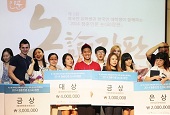View this article in another language
- 한국어
- English
- 日本語
- 中文
- العربية
- Español
- Français
- Deutsch
- Pусский
- Tiếng Việt
- Indonesian
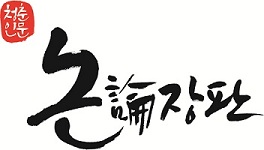
Korea.net interviewed participants in the "Exploring Korean Humanities Together," a cross-cultural conversation project, whose finals were held on August 9 at Ewha Womans University. Click here for details.
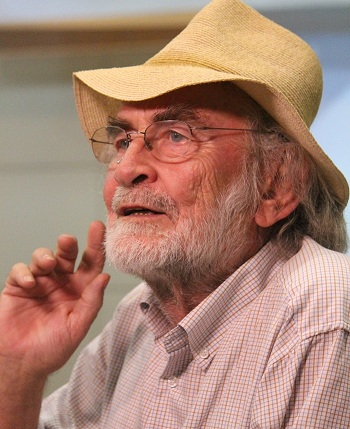
Why was this speech competition meaningful?
It was a great opportunity for the students. For the Korean students, it was a rare opportunity in their life to dig deeper into aspects of Korean culture, in the three areas of religion, spirit and taste. The non-Korean students also had a great experience learning about obscure aspects of the nation.
What aspects of Korea do you think are appealing?
Even a decade ago, Korea was a lesser-known country. However, as the nation has gone through rapid economic development, it has suddenly begun to appear on the global stage, sparking curiosity. On the flip side is the great passion and determination of the people. A lot of people across the globe are interested in the country's know-how and its strategy to achieve prompt development.
Do you have any message for the students who took part in the speech competition?
I hope they can have more opportunities to share and experience multiculturalism. Korea still lives in the bottom of a well. We should look for chances to experience and learn a wider perspective. It is critical to recognize global perspectives, instead of simply knowing well about one's own culture and stressing its significance.
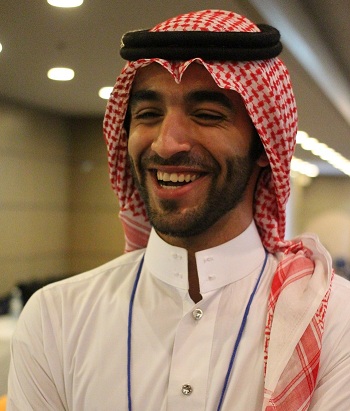
You speak Korean very well. When did you start learning it? Also, what made you come to Korea?
I arrived in Korea in June 2012. I plunged into learning the language. I spent an average of 10 hours per day studying it. This is now my third time to participate in a Korean language-related competition. I previously participated in a Korean language competition in Saudi Arabia and in a speaking competition at Kyung Hee University. I won awards at both competitions.
What was the hardest part of learning the language?
It is always hard to catch the subtle nuances. Learning about the different and various endings, such as, "hanayo," "haegeodeun," and "hapsida," was the most difficult part. Moreover, facial expression and hand or body gestures always make it simpler and easier to understand, but since I was not good at these interactions, it felt even harder to make myself understood.
What have you learned during this cross-cultural conversation?
To talk about "the Korean Spirit" was a new and hard experience for me, but it was a great chance to learn about diverse and in-depth aspects of the nation's culture.
To what aspects of Korea are you attracted?
The Korean people tend to be very punctual. In Saudi Arabia, where the traffic system is less advanced, most people come late for an appointment and everybody understands. I have had so many struggles to show up on time.
What are your plans in Korea?
I am currently focusing on my language courses. Starting next month, I will study for a Bachelor of Science at Kyung Hee University. I want to gain a master's degree, too, in Korea and to land a job, if possible.
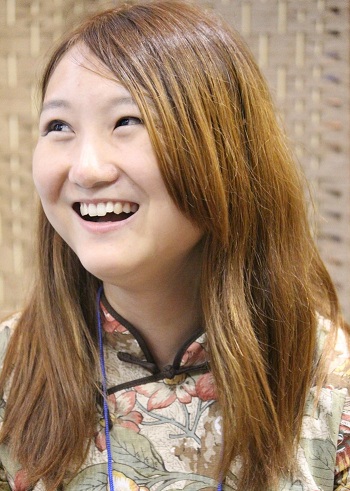
What made you come to Korea? What have you been studying here?
I am from Nanjing in China and I'm majoring in environmental horticulture at Dankook University. As soon as I graduated from high school in China, my father suggested I study in Korea to get a wider perspective on East Asian culture.
Your speech was titled, "Direction of Bukchon." Where did the inspiration come from?
During our research, our team discovered that Korea, China and Saudi Arabia were connected to each other through pottery. China created pottery for the first time. Korea received these influences and created pottery of its own, later. The jade colors featured in the celadon of the two nations came from a pigment that originates in Saudi Arabia. We had the chance to meet a lot of people and to learn about various cultural phenomena and the values of Korean craftsmanship.
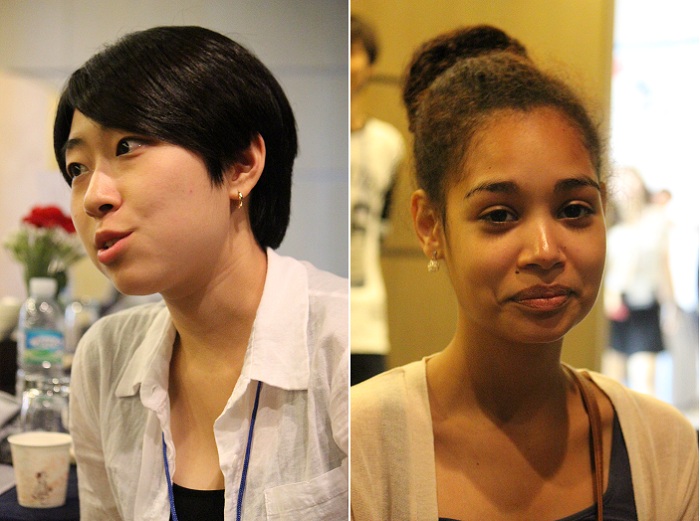
Jasmine (right) is from Switzerland and studies at a language course at Sogang University.
How did you come to participate in the competition?
Jasmine: I have been in Korea for only five months. I am currently studying Korean language at Sogang University. I decided to take part in the competition since I thought it would be a good chance to learn a bit more about Korea.
You selected a difficult speech topic, Jin-gong-myo-yu, a Buddhist concept that refers to an area or space that seems empty but in which something actually exists in the air.
Kim: When it comes to the humanities, we tend to consider the social sciences. I found, however, that the humanities are just something that exists very naturally and universally all around us. As society gets more and more industrialized and modernized, people start to seek a slower pace of life. Everyone has a feeling of loneliness and solitude in their hearts. All the team members agreed to include philosophical elements in our presentations. During our research interviews, we had the chance to talk with people from various backgrounds, including bank clerks, monks and R&B singers, and we discovered that they all have such emotions in their inner hearts, in a different form.
We were not able to make it to the final round, but it was, indeed, a priceless experience to meet various people and to learn about universal human values.
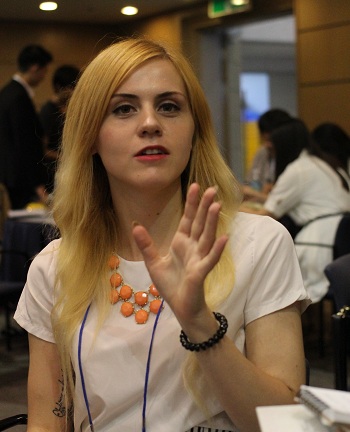
What made you to take part in the speech competition?
I came to Korea two years ago from a tiny village in Poland. I switched from Poznon Adam Mickiewicz University to Semyung University when I was in my second year. I am currently in the process of getting a master's degree in Korean Studies from Gangwon University. Accidently, I came to know about the speech competition through my university's mentor-mentee program. That got my attention.
What did you talk about during your presentation?
We studied the religions of different countries. At first, I was very surprised to see the mission work done by Korean Protestants. They shared bread with people on the streets and distributed leaflets to all passers-by. I thought I was being forced to believe in God. However, my perspective has slowly changed during our research. The religions of each country can be different and not be wrong. I finally became a child of God.
What aspect of Korean culture appeals to you?
Korea is a nation full of charm. It has recently been receiving a soaring amount of attention in many parts of the world. I'm also personally interested in various things, including architecture, a history that has endured many struggles and much change, as well as the vibrant campus culture. The Korean people are less individualistic and it has been a bit easier for me to make friends. I have been enjoying my life in Korea, joining in various group activities such as clubs and membership programs.
By Wi Tack-whan, Lee Seung-ah
Korea.net Staff Writers
whan23@korea.kr
